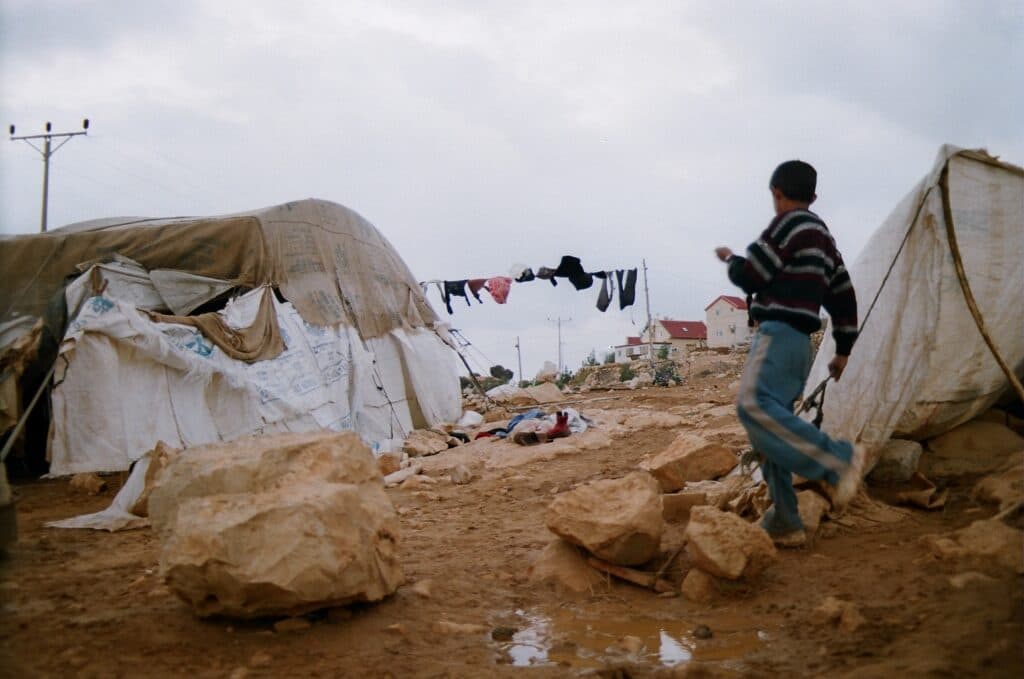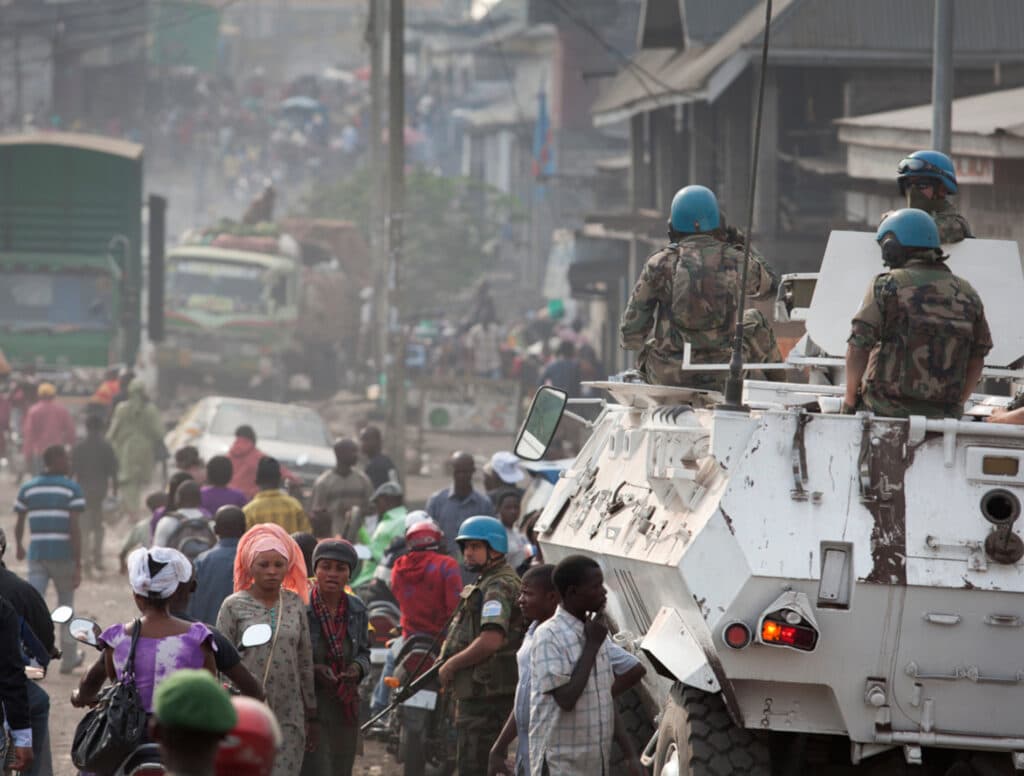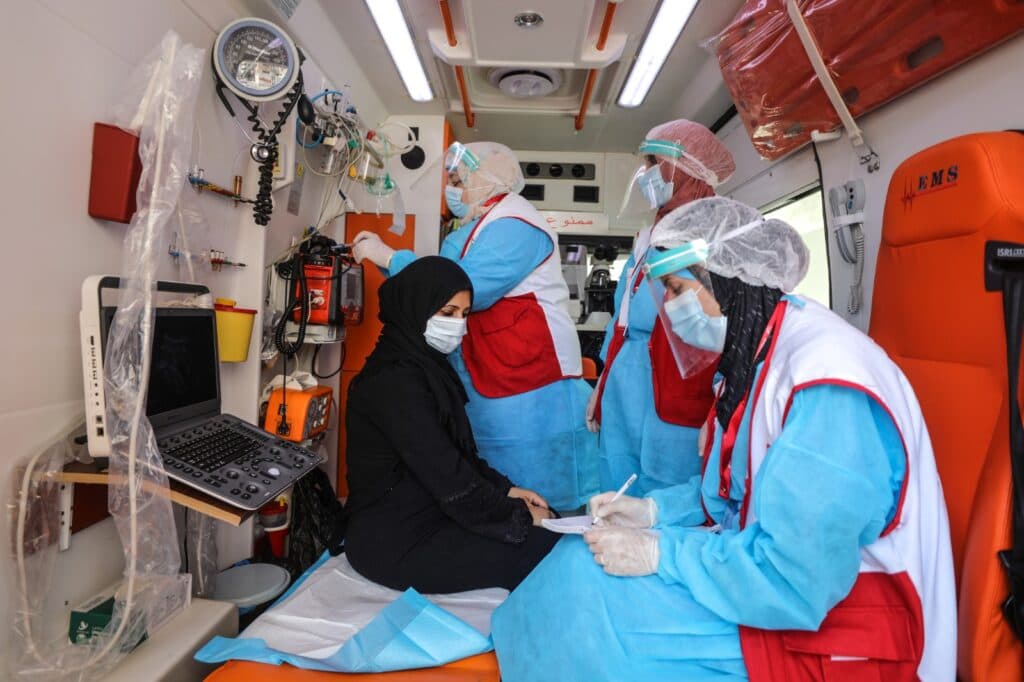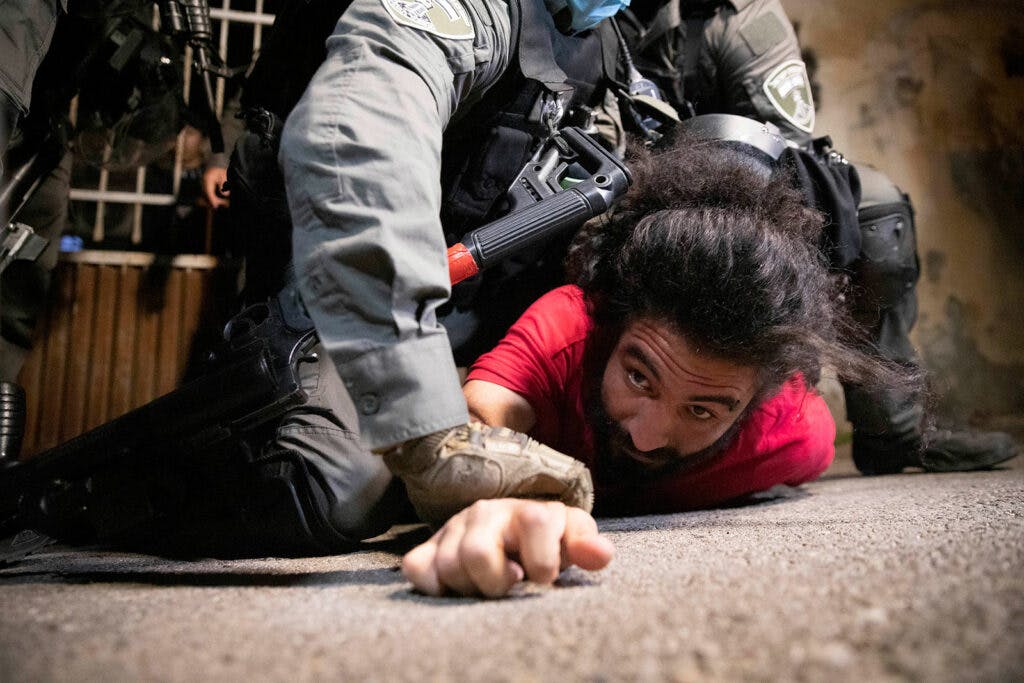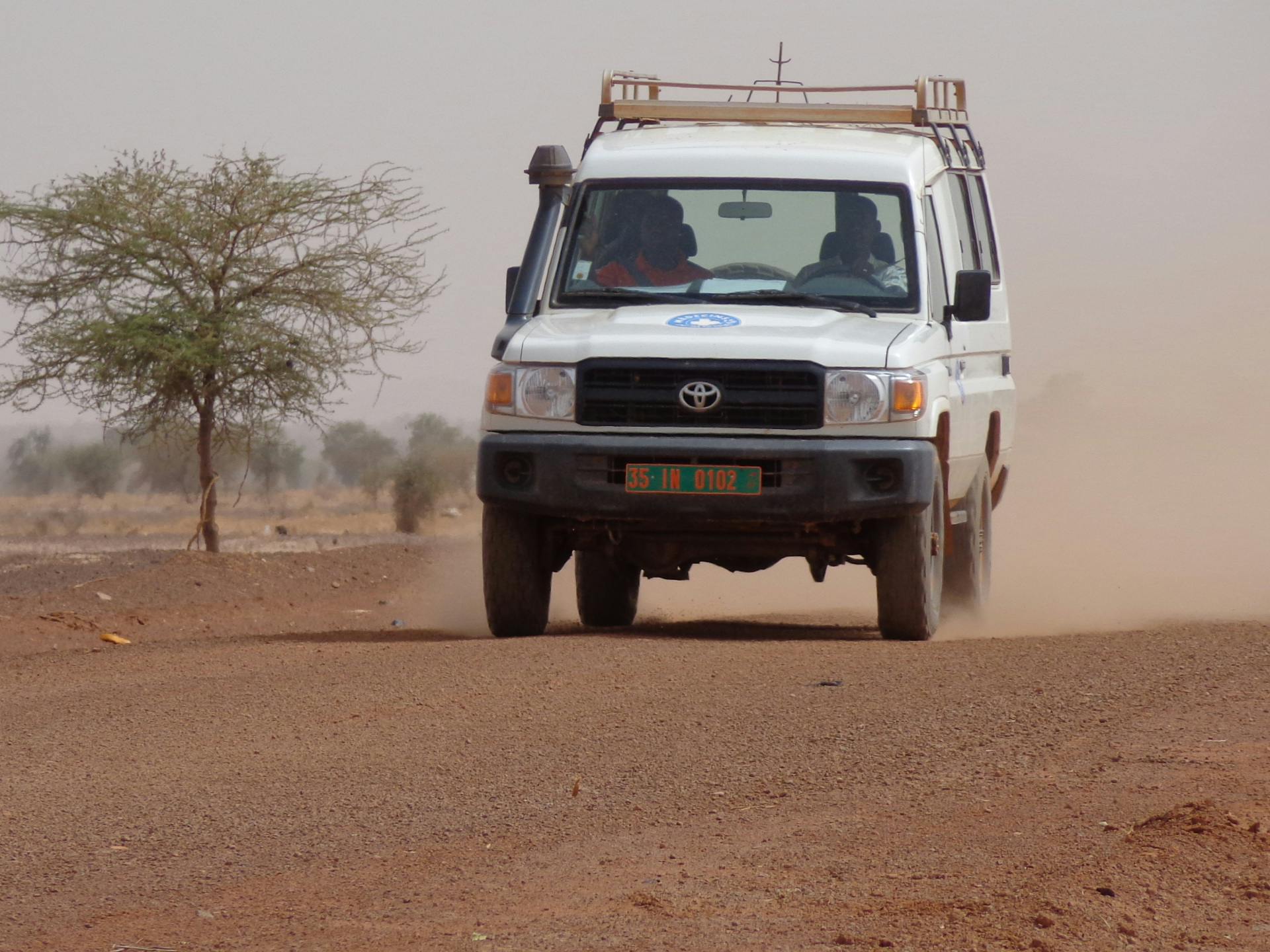
Humanitarian assistance and IHL
International humanitarian law (IHL) and the delivery of humanitarian aid during armed conflict.
During conflict, the effective and speedy delivery of humanitarian aid for those in need is essential to ensure the protection of civilians. International humanitarian law sets out clear legal obligations for warring parties to facilitate the delivery of such aid.
All parties to a conflict, be it international or non-international in nature, have the obligation to allow and facilitate rapid and unimpeded passage of humanitarian relief for civilians in need. The assistance must be impartial in character and provided on the basis of need alone.
In all situations, humanitarian assistance must not be refused on arbitrary or unlawful grounds. The use of starvation of the civilian population as a method of warfare is strictly prohibited.
Parties to the conflict, as well as states through which humanitarian aid may have to transit, may apply certain control measures, such a prescribing times and routes as to avoid being caught up in military operations, or to ensure that the delivery is effective.
Such control orders may not apply to United Nations assistance due to United Nations law which sets out certain privileges and immunities.
Obligation to provide humanitarian assistance
In armed conflicts which do not involve occupation, international humanitarian law (IHL) does not include an obligation to provide humanitarian assistance for civilians.
However, human rights law obliges a state to provide for the needs of its people, which are inclusive of, but also more expansive, than just humanitarian assistance.
Situations of occupation are unique in demanding that the Occupying Power provides humanitarian assistance to the civilian population of an adversary. In addition, the delivery of aid is also guided by human rights law.
In situations where the occupied population is inadequately supplied with relief goods/stuffs, the occupying power has the duty to agree to humanitarian assistance being delivered to this population and, respectively, grant access to humanitarian actors offering such assistance as per Article 59 (1) of the Fourth Geneva Convention.
In addition to permitting “free passage” of humanitarian assistance the occupying power must guarantee the protection of the humanitarian assistance, according to Article 59 (3) of the Fourth Geneva Convention.
Impediment of humanitarian assistance
Parties to the conflict must refrain from deliberately impeding the delivery of humanitarian assistance. Under the Rome Statute of the International Criminal Court, ‘wilfully impeding relief supplies’ as part of the use of starvation of civilians as a method of warfare, is a war crime in international armed conflicts.
Article 30 of the Fourth Geneva Convention established the entitlement to request aid in international armed conflict. This is vital when the international community fails to take spontaneous action, the authorities responsible for the victims do not disclose the situation to the outside world, and the media does not have access to the area and cannot sound the alarm.
Special protection of humanitarian personnel and objects
Humanitarian relief personnel as well as objects used for relief operation must be respected and protected.
The emblem
Emblems are used as a means of identifying medical personnel and relief services in situations of armed conflict. The use of these distinctive signs highlights and promotes their protected status and should help facilitate their work.
There are three types of emblems: The red cross, red crescent, and red crystal emblems.
The emblems are also used by National Societies of the Red Cross and Red Crescent Movement for identification purposes.
